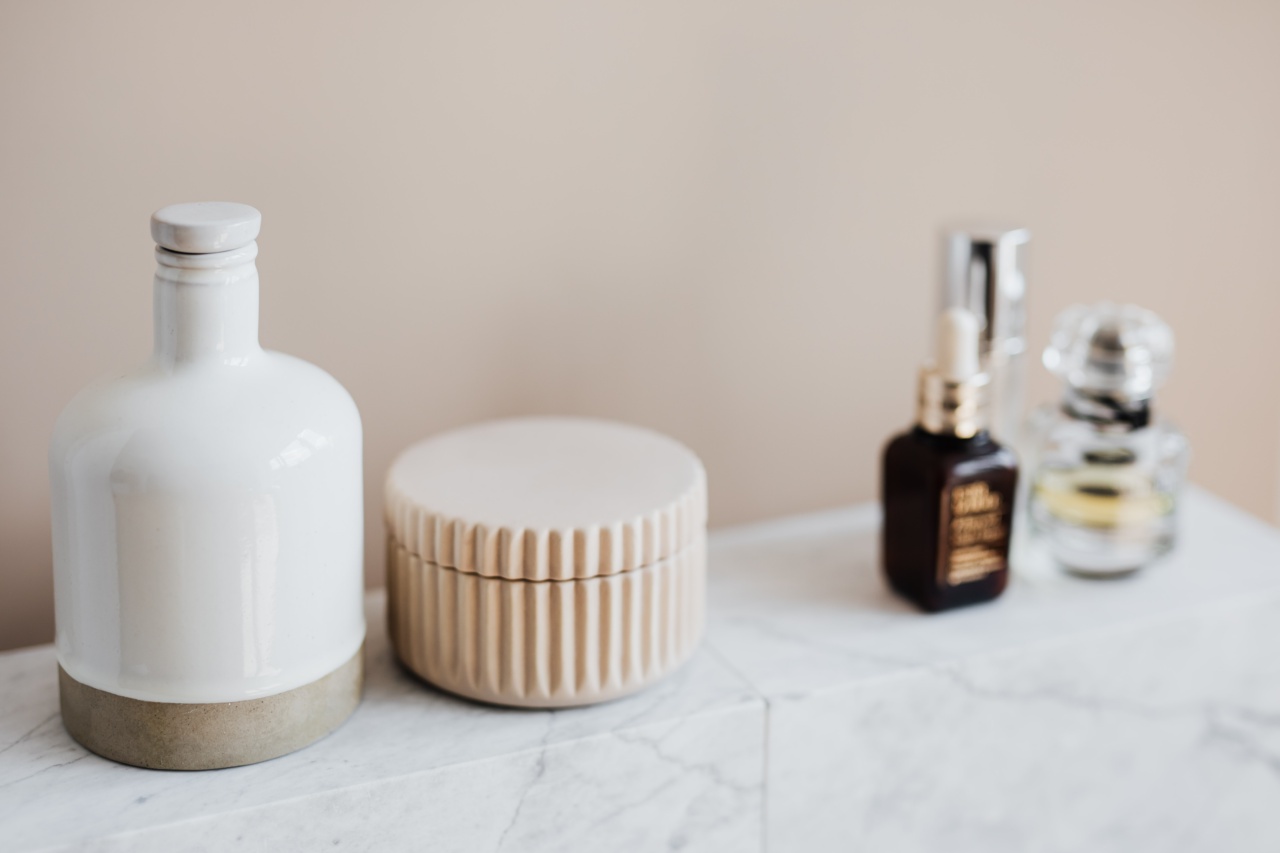When it comes to skincare and beauty products, there are countless options available on the market. It can be overwhelming to choose the right products for your specific needs.
However, there is one ingredient that has gained immense popularity in the beauty community for its remarkable benefits – argan oil. This natural oil, derived from the kernels of the argan tree native to Morocco, is packed with nutrients that can transform your beauty routine.
In this article, we will explore the various ways in which argan oil can enhance your skin, hair, and overall appearance.
The Powerhouse of Nutrients
Argan oil is rich in essential fatty acids, antioxidants, vitamins, and minerals, making it a powerhouse of nutrients for your skin and hair.
The fatty acids present in argan oil, such as oleic acid and linoleic acid, help nourish and moisturize your skin, promoting a healthy and youthful complexion.
A Moisturizing Marvel
If you struggle with dry or dehydrated skin, incorporating argan oil into your beauty routine can work wonders. This oil is deeply moisturizing and easily absorbs into the skin without leaving a greasy residue.
It helps restore the skin’s natural barrier, preventing moisture loss and keeping your skin soft and supple.
Anti-Aging Elixir
As we age, our skin undergoes various changes, including the loss of elasticity and the formation of fine lines and wrinkles. Argan oil is known for its anti-aging properties, thanks to the presence of antioxidants like vitamin E and ferulic acid.
These antioxidants neutralize free radicals, which can cause premature aging, and help reduce the appearance of wrinkles and fine lines.
Bye-Bye Acne
Acne can be a frustrating and confidence-damaging skin condition. The good news is that argan oil can aid in the battle against acne.
Its anti-inflammatory properties help calm redness and irritation, while the linoleic acid in argan oil helps regulate sebum production, preventing clogged pores and breakouts. Applying a few drops of argan oil to problem areas can promote clearer, more balanced skin.
A Hair Hero
Not only is argan oil beneficial for your skin, but it also works wonders for your hair. If you struggle with dry, frizzy, or damaged hair, incorporating argan oil into your hair care routine can transform your locks.
It helps repair split ends, adds shine, and tames unruly frizz. Argan oil can also protect your hair from heat damage caused by styling tools.
Enhanced Nail Health
Healthy and strong nails are the epitome of well-groomed hands. Argan oil can help improve the health of your nails and cuticles. The moisturizing properties of argan oil prevent dry and brittle nails, promoting flexibility and reducing breakage.
Massage a few drops of argan oil into your nails and cuticles regularly to keep them nourished and strong.
Minimize Stretch Marks
Pregnancy, weight fluctuations, and growth spurts can lead to the development of stretch marks on the skin. Argan oil can help minimize the appearance of stretch marks by improving skin elasticity and promoting cell regeneration.
Regularly massaging argan oil onto the affected areas can improve the overall texture and appearance of stretch marks.
The Versatility of Argan Oil
What sets argan oil apart from many other beauty products is its versatility. It can be used as a standalone product or as an ingredient in various beauty formulations.
Whether you are looking for a facial moisturizer, body lotion, hair serum, or cuticle oil – argan oil can do it all. Its versatility and multifunctionality make it a must-have in any beauty routine.
How to Incorporate Argan Oil into Your Beauty Routine
Now that you understand the incredible benefits of argan oil, you may be wondering how to incorporate it into your beauty routine. Here are a few simple ways to start enjoying the transformative effects of this liquid gold:.
1. Facial Moisturizer
After cleansing your face, apply a few drops of argan oil onto your skin. Gently massage it in using upward circular motions until fully absorbed.
Use it as the final step in your skincare routine to lock in moisture and nourish your skin throughout the day.
2. Hair Mask
For a deeply nourishing hair treatment, warm a few tablespoons of argan oil and massage it into your scalp and hair. Wrap your hair in a towel or shower cap and leave the oil on for at least 30 minutes or overnight for maximum benefits.
Shampoo and condition as usual to reveal hydrated, luscious locks.
3. Cuticle Oil
Say goodbye to dry and cracked cuticles by applying a small amount of argan oil to your nail beds. Gently massage the oil into your cuticles to soften and moisturize them. Regular use will keep your nails healthy and your hands looking well-groomed.
4. Body Oil
Add a few drops of argan oil to your body lotion or use it on its own as a luxurious body oil. Apply it to damp skin after a shower to lock in moisture and leave your skin feeling silky smooth.
The antioxidant properties of argan oil also help protect your skin from environmental damage.
5. Makeup Primer
Argan oil can be used as a natural and nourishing makeup primer. Apply a small amount of oil to your face before applying foundation or other makeup products. It will create a smooth canvas for your makeup while moisturizing your skin at the same time.
Conclusion
With its abundance of nutrients and transformative properties, argan oil is a true beauty powerhouse.
Whether you want to improve your skin’s texture, add shine and manageability to your hair, or enhance the overall health of your nails, argan oil can deliver remarkable results. Incorporate this versatile oil into your beauty routine and experience the amazing benefits it has to offer.






























